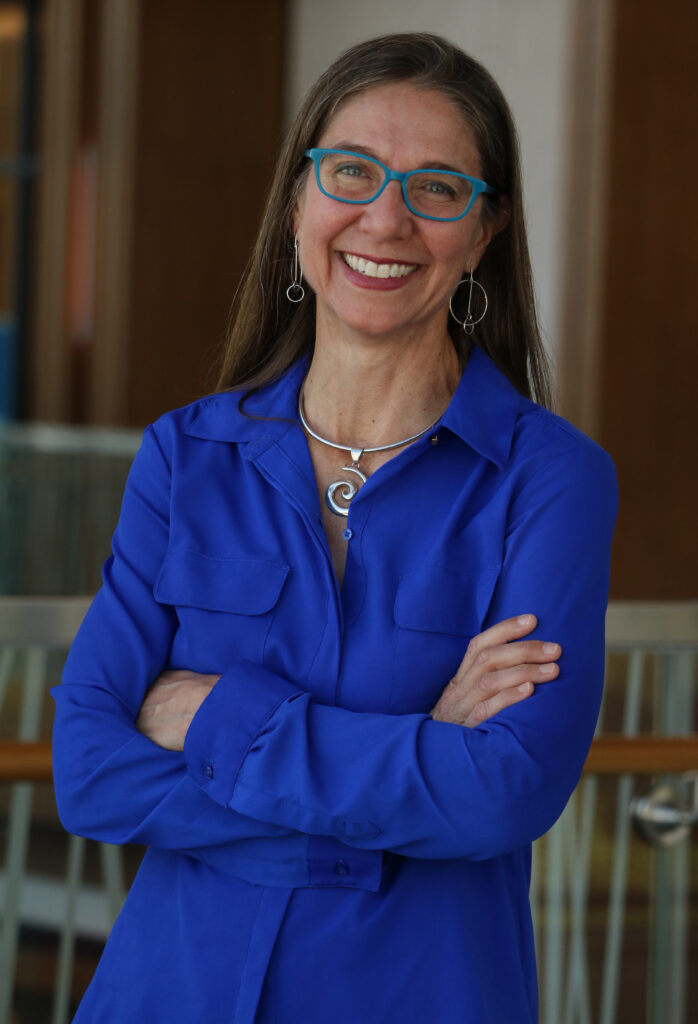Highlights from this week’s conversation include:
- Sky’s Motivation Behind the Film (2:35)
- Stories of Resilience and Wisdom (5:45)
- Intergenerational Connections (9:48)
- The Impact of Lived Experience (16:44)
- The Power of Everyday People’s Stories (20:42)
- Listening to People’s Stories (22:07)
- Mochitsuki Ceremony (24:21)
- Intergenerational Work (26:29)
- Abundant Aging Questions for Sky (27:29)
- Connecting with Sky and final remarks (32:23)
Abundant Aging is a podcast series presented by United Church Homes. These shows offer ideas, information, and inspiration on how to improve our lives as we grow older. To learn more and to subscribe to the show, visit abundantagingpodcast.com.

